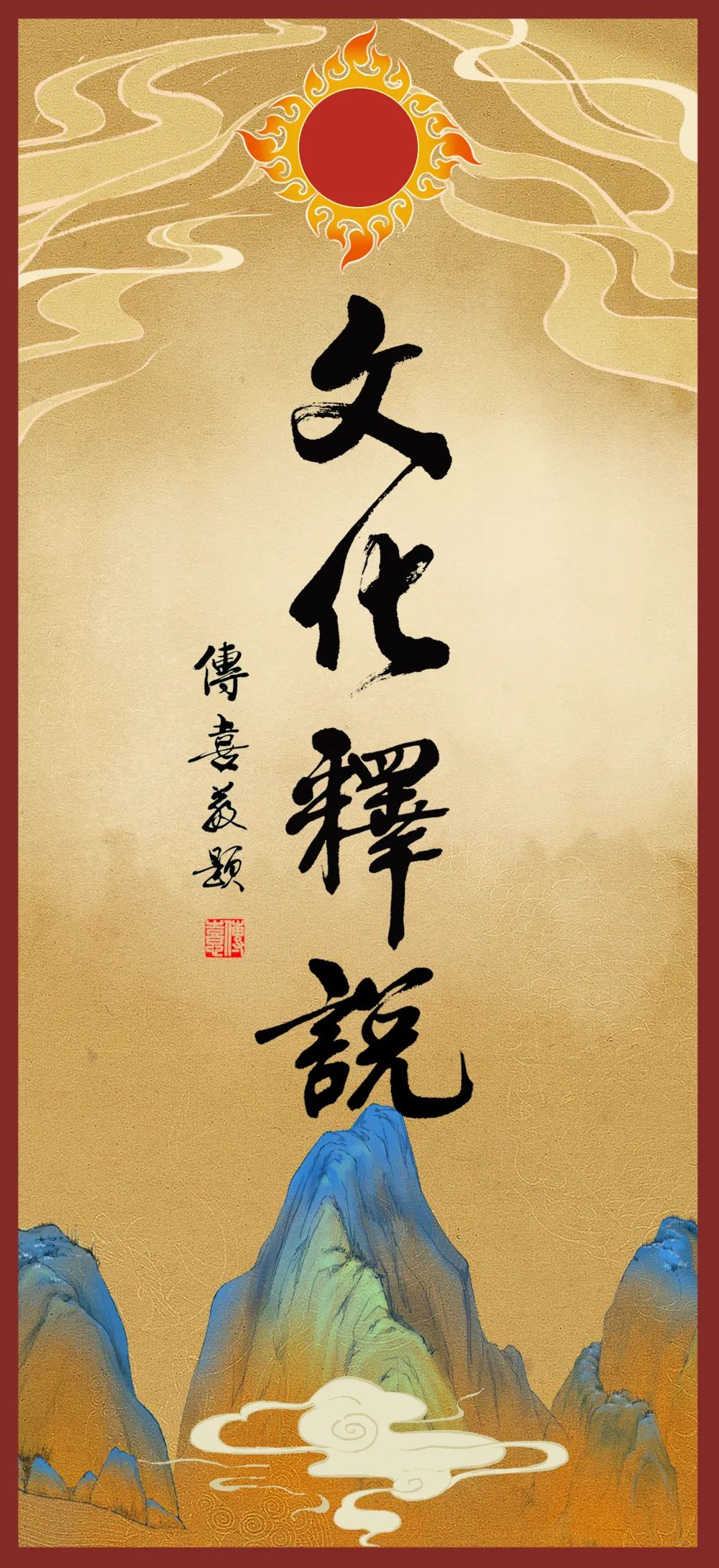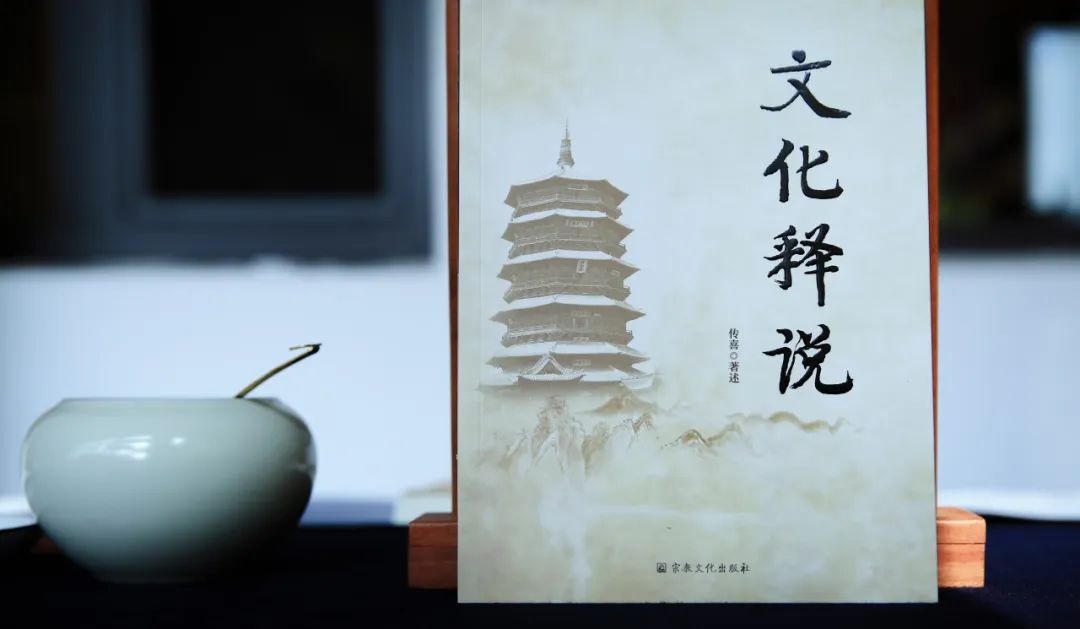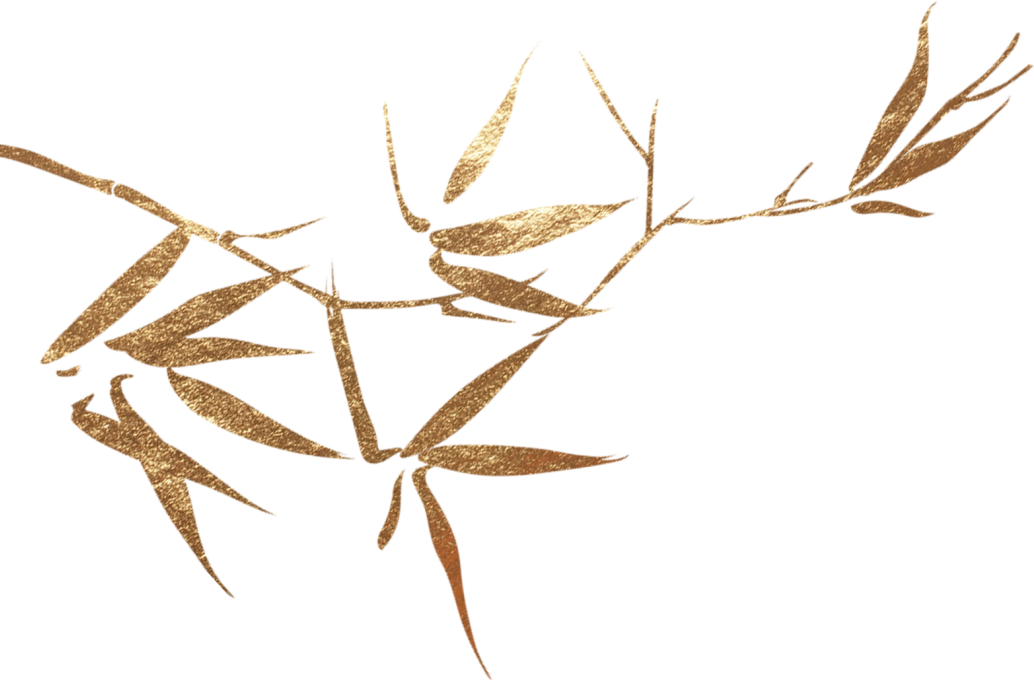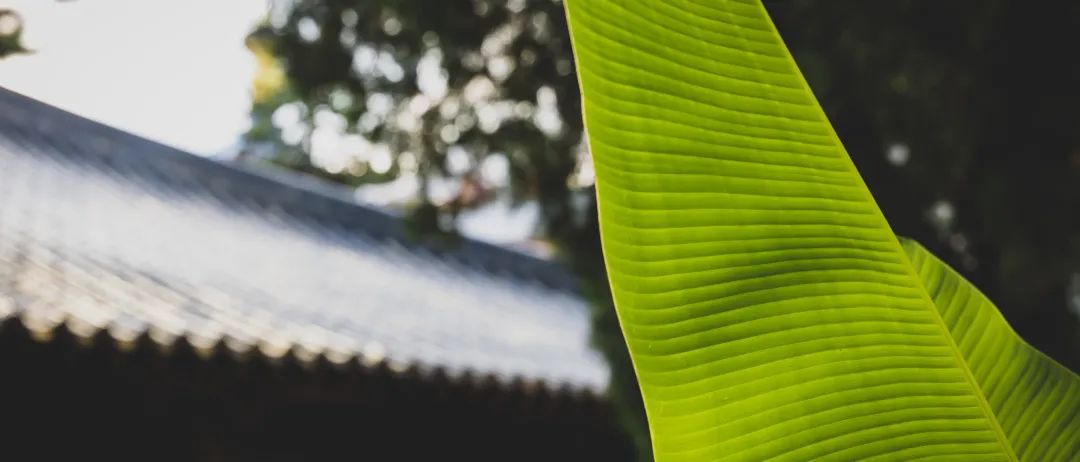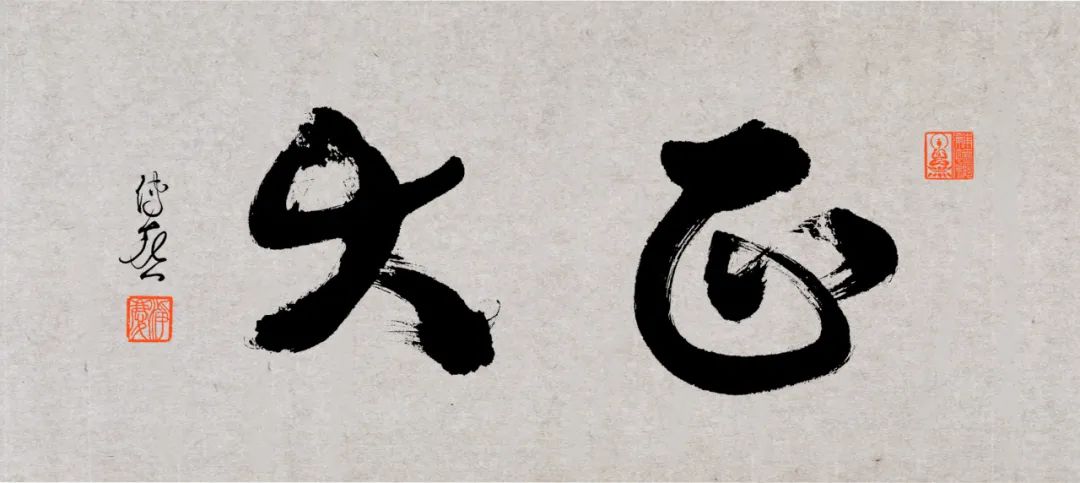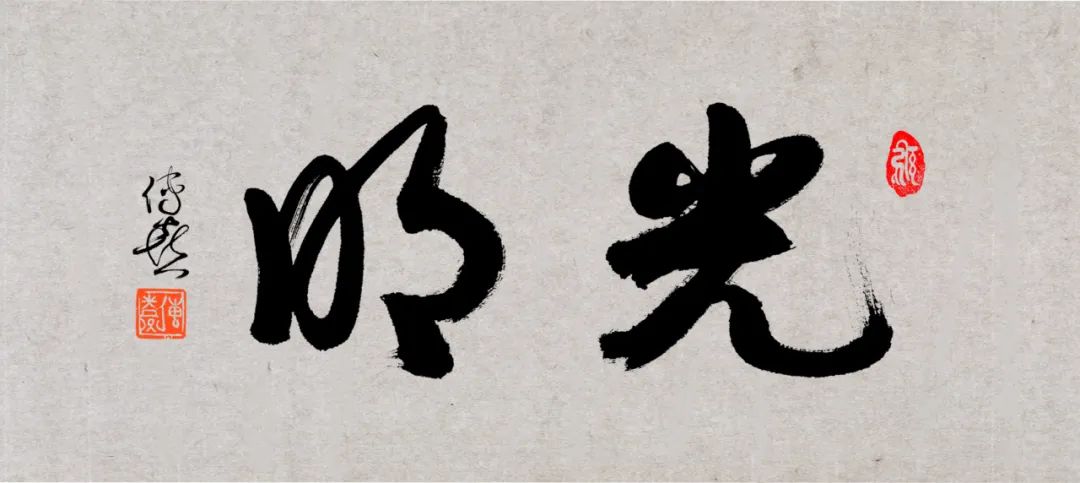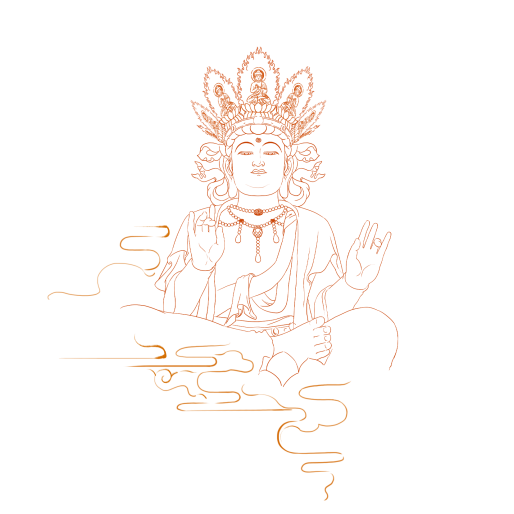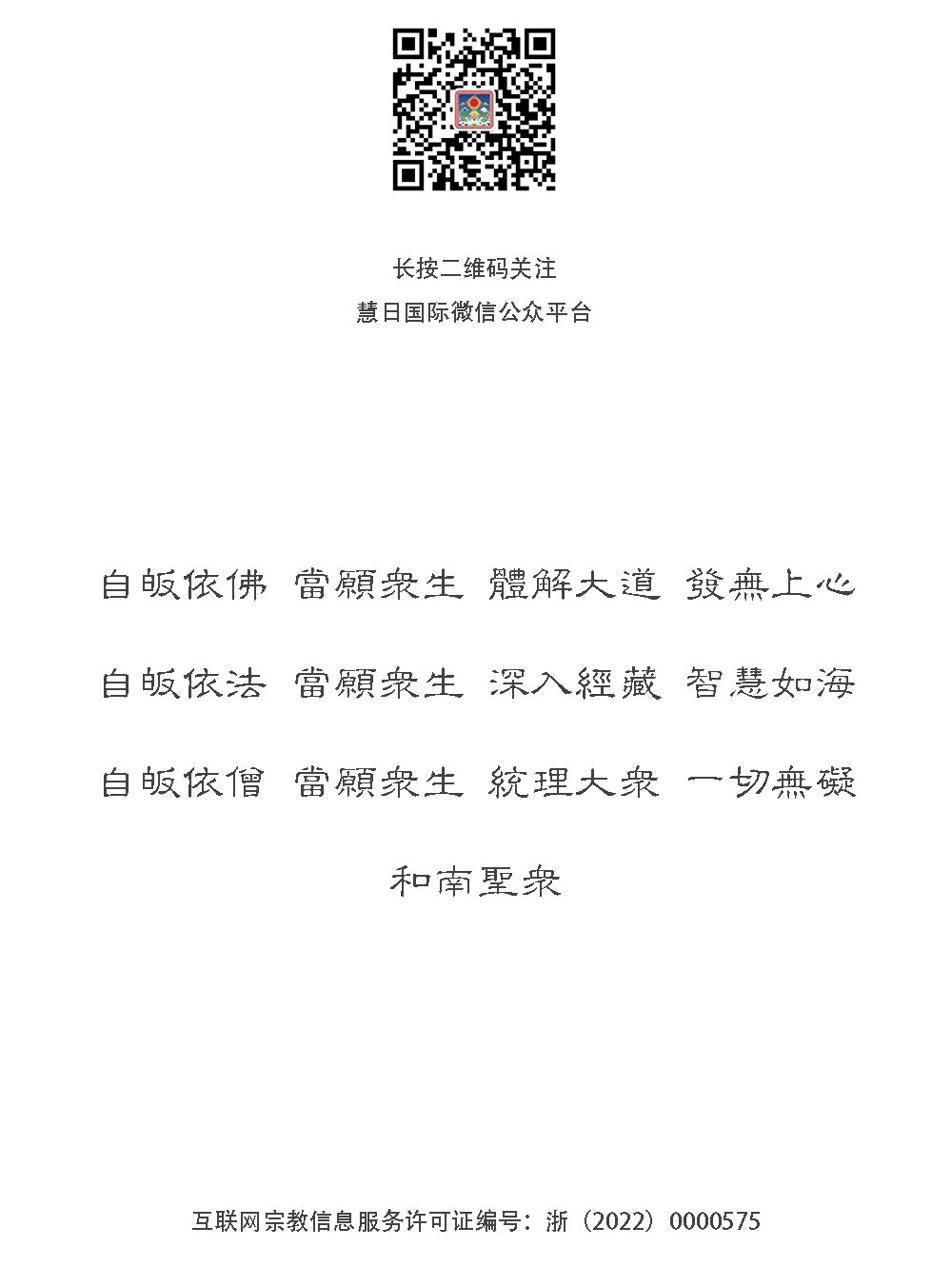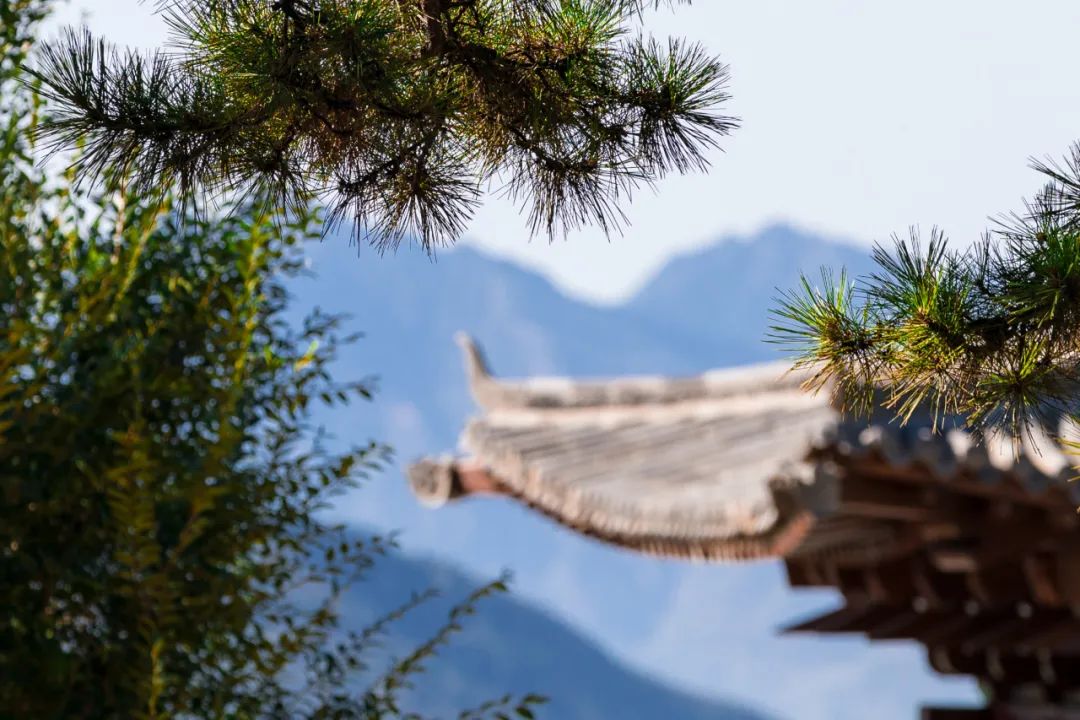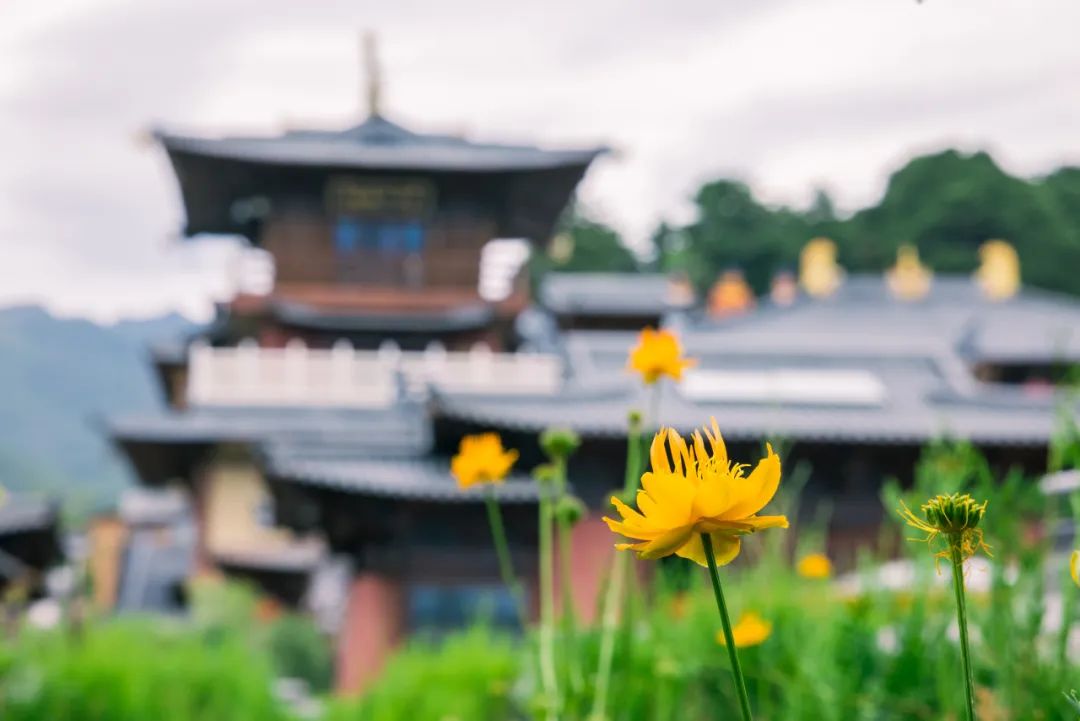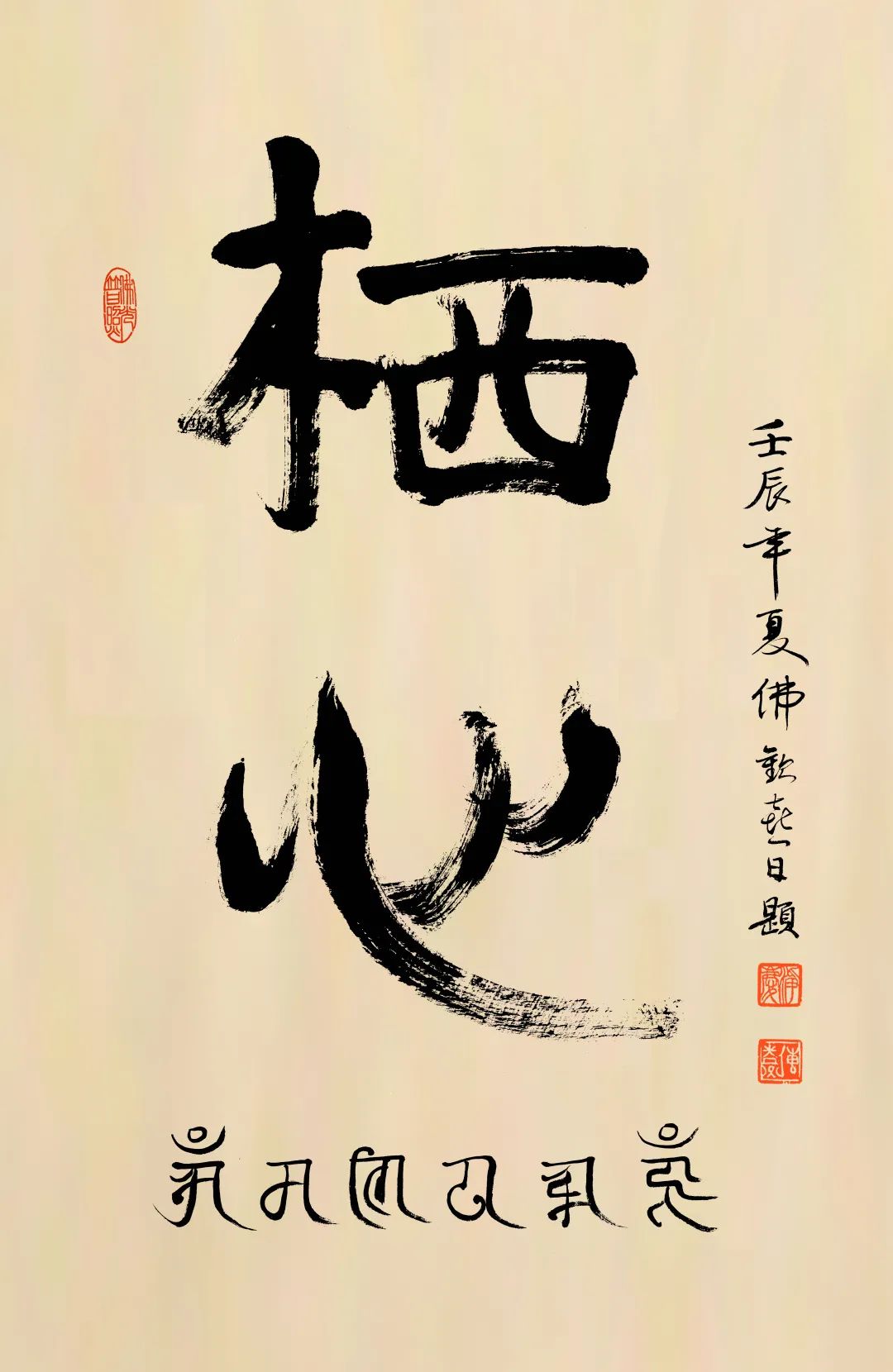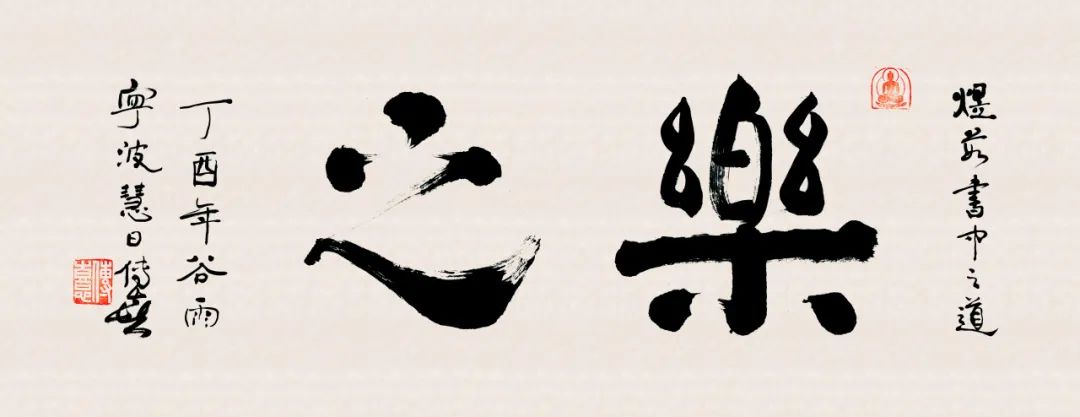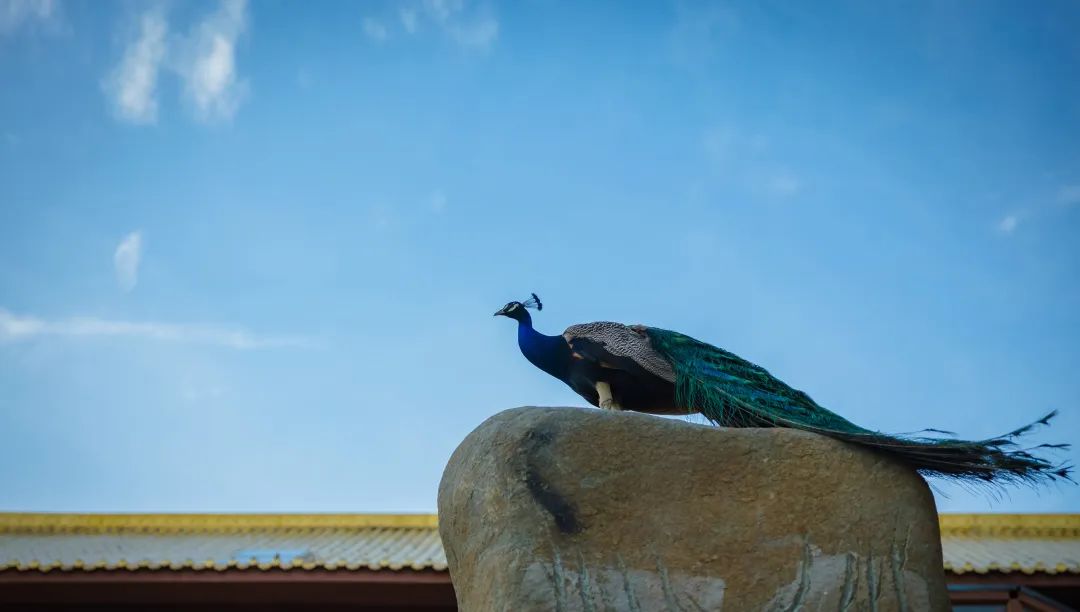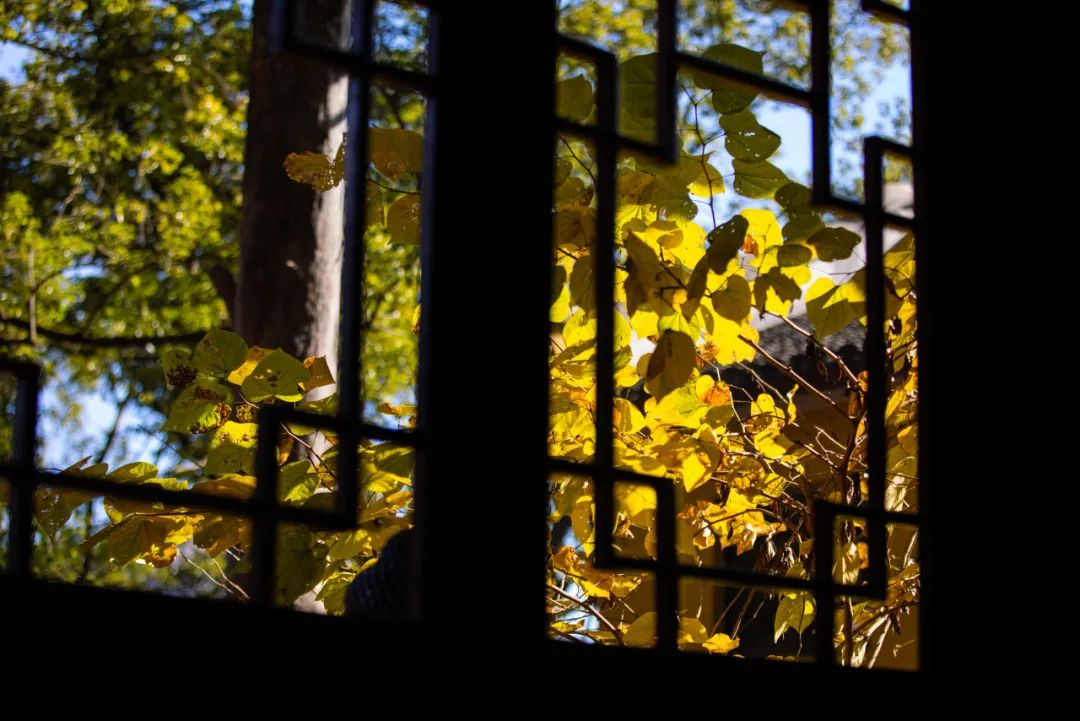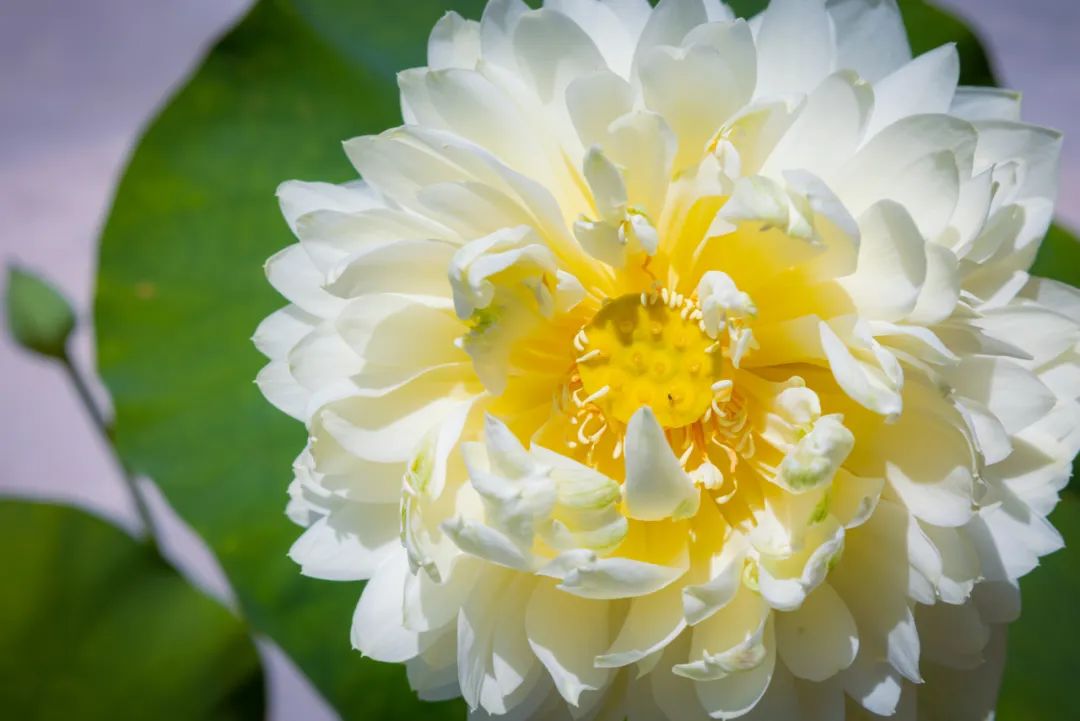传喜法师:
寺庙如同学校,大家共同在里面修习。佛教讲每个人都有佛性,而且内有佛性,外有真理,内外佛性的这个真理之光遍布一切处,缺乏的是你自己对它的认知,所以要想认知它,首先要安下自己的“心”。
佛告诉了我们方法,比如“身”要守“戒”,“口”要去念智慧的法语,“意”要去忆念、思维法语的真谛。在修习的过程中,每个人怎样得利,各有不同。所以,不同的寺庙就有不同的气氛, 古称“家风”。因为每所寺庙的教育者,自己得到佛法利益的角度各有不同,传播的手法也不一样,所以每座寺庙就形成了不同的家风。
Master Chuan-xi: The monastery is like a school as everyone jointly practises and learns in it. It is said in Buddhism that everyone has Buddha-nature and that it exists internally while truth externally. The truth of Buddha-nature being within us and outside of us has an omnipresent illumination. What is missing is the ability to cognize this truth that you yourself lack. Hence, you have to first quieten your mind if you desire to get to know this truth.
Buddhism has shown us the way – for example, that we have to keep to the precepts when it comes to the ‘body’, recite sayings of the Dharma when it come to ‘speech’, and be mindful of and contemplate on the truth of the sayings of the Dharma when it comes to the ‘mind’. In the course of practice, everyone has a different way of how one is to be benefitted. Hence, there are different atmospheres inside different monasteries. This is because the educational workers of each and every monastery have their own perspectives on how the Dharma should benefit them. Their methodologies at propagation are also different. Therefore, different styles and traditions have been formed.
记者:
您弘法这些年,您的教育心得是什么?
Journalist: In your years of spreading the Dharma, what is your experience in education that you could share with us?
传喜法师:
古人是很吝啬语言文字的,老子一生就留下五千言,孔老夫子留下的也不多,儒家的《孟子》七篇三万五千言,就算很多了。中国的现状是,对传统文化的精髓,已是山水朦胧,不识庐山真面目。现在要在概念上去推广,告诉大家佛教不是迷信,佛本身就是智慧。佛是佛陀的简称,指释迦牟尼佛,也泛指一切觉行圆满者。佛教特别提倡智慧的观念,智慧在中文佛经中多译为“般若”,大家不能简单地把佛教视为迷信。现代社会依靠智慧来发展,智慧在佛教中是十分神圣的。我也嫌自己太婆婆妈妈,很多时候是要把它掰碎了、嚼烂了,和大家一起慢慢去理解老祖先讲这个话的意思。其实我们往往仅懂得意思,离修行还是有距离的。
当前我们弘扬传统文化,侧重点跟古人不同。古人一说佛教,大家都心知肚明,甚至还吟诗作画来表现、颂扬,个个心照不宣。现在你来讲解,即使掰透了、嚼碎了,许多人还不知所云呢!
Master Chuan-xi: The ancients are very frugal in the use of words and language. In his whole life, Laozi had only left us with 5,000 characters. Confucius had also left us not many. The seven chapters of the Confucian Mencius is considered lengthy at 35,000 characters. The situation in China now with regards to the essence of traditional culture is as if one is unable to identify how Mount Lu really looks because the sight of all mountains and rivers has been blurred. I also find it a fault for myself to be too wordy. I very often break down our ancestors’ sayings too much in order to let everyone slowly understand; when in fact, we only have a mere understanding and are still far from actual practice.
At present, we have to spread it on the conceptual level by telling everyone that Buddhism is not superstition. The Buddha himself is wisdom. ‘Fo’ 佛 is the abbreviated form of ‘Buddha’. It refers to Buddha Sakyamuni, and also more widely to whoever is perfect in his enlightenment and conduct. In Buddhism, the concept of wisdom is especially promoted. Wisdom has been translated as ‘prajna’ in the Chinese sutras. Buddhism should not be deemed superstitious by everyone in a simple-minded way. Society nowadays relies on wisdom in order to progress. In Buddhism, wisdom is held in the highest esteem.
As we are propagating traditional culture at present, our emphasis is different from that of the ancients. When the ancients mentioned Buddhism, everyone knew exactly deep down inside what it was, and even composed poetry and made paintings to express themselves and sang praises. There was no need for one to say out loud what everyone else similarly understood. If you are to speak on Buddhism nowadays, even when you have gone to great lengths to make it interesting and easily intelligible, many would not have the slightest clue about what you are saying!
记者:
您会为此心生烦恼吗?
Journalist: Would mental afflictions arise in you because of this?
传喜法师:
在跟别人讲解的时候,也坚定了我们对“道”的认知,而且在实践的时候,自己很认真、很投入。傻乎乎跟别人说的时候,自己这颗心也在其间被净化、被温暖。当你帮助别人时,首先被温暖、润泽、净化、关爱的是自己的这颗心。佛教里说,这个过程也是一种自利利他,苦在其中,乐也在其中。
Master Chuan-xi: When I am trying to explain to others, what I know about the Dao is also being reinforced. Also, I am very serious and engrossed when I am putting it into practice. At the same time as I am - in a credulous manner - offering my explanation to others, my mind is also being purified, and my heart warmed. When you help other people, the first things that are being warmed, moisturized, purified, and showered with love is your heart and your mind. In Buddhism, this is also a process of benefitting yourself as well as others – there is hardship within, but there is also happiness.
记者:
这也是一种修行方式、成长方式?
Journalist: Is this also a method of practice and a way to grow?
传喜法师:
是的。有时候帮助别人,比你个人学还要认真。就像老师讲课,学生有时候也会变成老师的动力,而且越是好的学生,越能激发一个老师自身的学习修善状态。我们理解了佛教,然后把自己的理解分享给大家,同时也能起到温故而知新的作用。观念上认知到这一点了,但在我们人生的品格、福德上还是需要增上的。
Master Chuan-xi: Yes. Sometimes, when you help people, you tend to be more serious than if you are learning on your own. It is like a teacher who is giving lessons - he sometimes finds his students to be a source of motivation. The better the students, the more inspired the teacher will be to practice wholesomeness in his personal capacity. As we share with everyone the understanding we have of Buddhism, we will at the same time learn new things from going over the old. We already know it conceptually, but we still need to improve on our character, and blessings and virtues.
记者:
很多人以为学佛是在逃避,在您这里,我看到的都是积极的正能量。
Journalist: Many assume Buddhism to be escapist. Here at your monastery, what I see is optimistic positive energy.
传喜法师:
对。学佛就是丰富生命、认识生命、改造生命、净化生命,恰是最积极的生命观。它不是听天由命,头上蒙块布去做人,佛教是打开心灵的窗户,认知人生事物的发展规律。佛教讲因果,因果就是事物的规律。认清因果,就是认清规律,这本身就是智慧,而且戒恶修善就是改变命运,这是多么积极、智慧、高瞻远瞩的人生观 !
Master Chuan-xi: Yes. Buddhism enables one to enrich, know, change and purify one’s life. It has indeed the most optimistic life outlook. It is not fatalistic - living life with a piece of cloth over one’s head. Buddhism is about opening the windows to your soul, and getting to know the rhythmic order of the development of all phenomena in life. Buddhism talks about cause-and-effect. Cause-and-effect is precisely the rhythmic order of all phenomena. To know cause-and-effect is therefore to understand the workings of life. This is wisdom in itself. In addition, to refrain from evil and to do good changes one’s destiny. How optimistic, wise, panoramic and far-sighted a life outlook is that!
记者:
智慧只在佛经中吗?
Journalist: Is wisdom contained only in the sutras?
传喜法师:
智慧遍布在一切处,佛经只是来解释这个道理的。
Master Chuan-xi: Wisdom is ubiquitous. The sutras are only to explain such a concept.
记者:
比如我们社会人,不穿这身衣服、不披袈裟、不读经也可以获得智慧吗?
Journalist: Take for instance people like us who have come out to society. If we do not wear clothes like yours, are not dressed in monastic robes, and do not read the sutras, are we also able to gain wisdom?
传喜法师:
每个人都有佛性,但学佛是获得佛性、保全佛性、涵养佛性最好最快的方法。佛教的教导就是集聚、总结了人类的这种智慧,并将这些教导继承下来,传播给重生。佛教承认每个人都有佛性,每一个人都能成佛,但读经却是我们恢复佛性最快的方法,是捷径,因为这是前人所凝结的智慧嘛。
作为生活在这片土地上的人,我们的衣食住行受之于社会的恩惠,以佛教的智慧去报答社会,这是我们生命的责任。社会是由个体组成的,个体生命是会被影响的,个体生命会思考,有离苦得乐的本能,每个人都有向上的本能。这些先决条件都决定了佛教具有不可估量的作用。从佛教的角度看,众生都是我们过去的父母,是我们感恩的对象,更是我们的服务对象。
Master Chuan-xi: Everybody has Buddha-nature. However, the practice of Buddhism is the best and fastest way to reach, maintain, and nurture our Buddha-nature. Buddhist teachings aim at accumulating and encapsulating such human wisdom. These teachings are passed down, propagated and given new life. Buddhism recognizes that every human person has Buddha-nature and that everyone can become a Buddha. However, the fastest way to regain our Buddha-nature is to read the sutras. It is the shortest way because the sutras are the crystallization of the wisdom of the ones who came before us.
As one who is living on this land, the satiation of our physical needs in terms of clothing, food, abode, and getting around is due to society’s benefaction. To repay society with Buddhist wisdom – this is the responsibility of our life. As society is made up of members, individual lives will be affected. The ability for individual living members to ponder, their instinct to abandon suffering and achieve happiness, and the inherent nature to become better – these pre-existing conditions ensure Buddhism possesses inestimable effects.
From the Buddhist perspective, myriad beings used to be our parents in the past. They are the subject of our gratitude, and more importantly, the subject of our service.
记者:
再回到学校教育,师生关系是不是能够受一点启发?您觉得今天应该如何当老师?
Journalist: Let us return to education in the schools. Could there be a bit of inspiration for teacher-student relationship? How do you think should one be a teacher nowadays?
传喜法师:
老师很神圣,可以启迪智慧,做老师的首先要有父母心,很希望自己的孩子身心都能健康成长。有可能自己的孩子教不好,却可以教好几十个别人家的孩子,从他们身上得到教自家孩子的成就感。
儒家有言“老吾老以及人之老,幼吾幼以及人之幼”,能把别人的孩子当自己的孩子一样,将心比心,就会把自己所知道的这些知识传递给后人,让我们自己的生命成为孩子们成长过程中的“阳光雨露”,把我们的生命融进这些新生命的成长过程中,这是人生很幸福的事情 !
Master Chuan-xi: A teacher is someone who is held in highly divine esteem. He can give rise to wisdom. A teacher has to have firstly the mind of a parent, and be very hopeful that his or her own child will grow healthily both in body and in mind. It is possible that he or she is unable to teach his or her own child well, but is able to do so for scores of other children. From these children, he or she is able to derive a sense of achievement similar to that from being able to teach his or her own child well.
There is a saying in Confucianism that ‘one should extend respect for one’s elderly to all the elderly and the love for one’s children to all children’. To treat others’ children like one’s own is to exercise empathy. One will pass on the knowledge one has to later generations, and let one’s own life become the ‘sunlight and dew’ during their growing stages. It is most fortunate that we are able to blend our lives into the growing stages of these new lives!
记者:
您觉得老师应该教给学生什么东西?
Journalist: What do you think should the teacher teach his students?
传喜法师:
这个很重要。首先自己要明白。现在的问题是,我们对自己祖先的传统文化、对祖先的智慧,知道得太少。中华文明是世界文明的一分子,现在我们整体人类对祖先文明都了解不多,忽视传承,只求现世的实用方法,这是当前老师所要注意的!
这个基因不能断,链条不能断。无论科技怎样发展,都不能离开这个民族曾经的那种成熟文化。古老的文化依然会呵护现代心灵,可以净化人心、净化社会。所以,我们不能抛弃、割断祖先的文化来看今天的发展。教育部要求青少年加强读诵经典,我觉得老师在这方面更要打好扎实的基本功。否则,学生都开始读诵经典了,我们老师反而还不懂经典呢?传道、授业、解惑,不就落实不下去了吗?
Master Chuan-xi: This is very important. First of all, we need to understand on our own. The problem now is that we know too little about the traditional culture and the wisdom of our own ancestors. As a result of the present limited human understanding of the whole of the world’s civilization that has been passed down from our ancestors and of which the Chinese civilization is a part, we have neglected its inheritance and pursue only that which is readily functional and practical. This is something to which a teacher needs to pay attention presently!
The transmission of this gene should not be stopped and the link broken. No matter how technology advances, a people should not abandon the mature culture that they used to have. An ancient culture is still able to offer security and comfort to the soul of the modern person. It can purify one’s mind and soul, and it can purify a society. As such, we should not abandon it and be cut off from our ancestors in the course of our trying to achieve progress in the world today. I feel that the teachers should have a good grasp of the fundamentals in the related topics if the education ministry intends to let the youth spend more time and effort on the classics. Some of our teachers do not even know the classics! How then to materialize the spreading of the Dao, the passing down of wholesome conduct, and the clearing up of mental obscuration?
记者:
在怎么教上,您有什么建议?
Journalist: What do you suggest on how to teach?
传喜法师:
一个老师首先得知道,一个生命的身心灵怎样健康成长,要因人而宜,因材施教,甚至能够借种种因缘去鼓励启迪孩子、鞭策孩子,这就是一个老师的智慧和人格魅力了。
Master Chuan-xi: A teacher needs to know firstly that it differs in each case on how one should grow healthily in both body and mind. He should dispense his teachings according to circumstances, and even rely on all kinds of causes and conditions to encourage, inspire, guide the students and spur them on. Such will be the wisdom and the individual charisma of the teacher.
记者:
今天当老师也非常不容易,很多老师会说:现在受家庭教育的影响,孩子很难教,为什么会造成这种局面呢?或者说,家庭教育问题的根源出在哪里呢?
Journalist: Being a teacher in these days is also extremely challenging. Many teachers will say that due to how they have been brought up at home, children nowadays are very difficult to teach. Why have we ended up in such a predicament? Or perhaps we might ask: what is the cause for this problem in upbringing at home?
传喜法师:
是中国近百年来的去中国化。所谓的新民主主义革命是西方思潮对中国的冲击,中国传统文化在这种思潮的冲击下,受到了极大损伤。甚至曾经的传统文化为主流的中华文明,在近百年来被彻底边缘化。
特别是作为孩子父母的这一代家长,对于传统文化基本上就是“文盲”。尤其在当今社会中,在我们生命的字典和书本里,就缺少传统文化,缺少这种道统学说。再者,中华民族曾被欺压侵略,挨打受辱、贫穷积弱,民族急需摆脱落后的境况。有这样痛苦的历史命运,社会发展的重心自然而然就放在了物质建设上,放在国家的综合实力的提升,乃至衣食住行等生活水准的提高上,造成了精神层面的匮乏。特别是对祖先人文精神关怀方面,严重匮缺。
这一代的父母,首先自己缺乏民族文化的传统知识,不知道生命的究竟意义是什么,对孩子的教育自然也无从下手。现实社会的短视,更让我们莫衷一是,不知道应该拿什么给予孩子,什么样的传统文化才是正能量,应当继承和发扬光大。
Master Chuan-xi: It is the de-sinicization that has been going on in China for the last hundred years or so. The so-called new democratic revolution is a conflict brought on to China by Western thought. Faced with such a clash in thinking, Chinese traditional culture suffered extreme and great damage so much that once the mainstream of Chinese civilization has in the recent hundred years or so become completely marginalized.
The present generation of parents especially, is basically ‘illiterate’ vis-à-vis traditional culture. This is most true in present society where our life vocabulary and the books we read lack elements of traditional culture, and teachings on the tradition of the Dao. In addition, the Chinese people had previously been oppressed, invaded, crushed, humiliated, and made destitute and weakened. The people urgently needed to escape from this backward predicament. After having been through such a painful history, the emphasis for social progress naturally and invariably shifted to material development, the overall productivity of the country as whole, and also increased standard of living such as how one is provided with clothing, food, shelter and mobility. This has resulted in the poverty of spiritual well-being, especially when it comes to the concern which is severely lacking for the civilizational vigour of one’s forefathers.
Firstly, due to the lack of the traditional knowledge of one’s culture, the parents of this generation have no idea what the ultimate purpose of life is, and so are naturally at a loss as to where one is to begin in terms of the education of one’s children. The myopia of realistic society causes us to be even more befuddled, and therefore, to know not what to give to our children, and which part of our traditional culture provides positive energy and should be inherited, propagated and glorified.
记者:
好像价值观有问题,是吧?
Journalist: There seems to be a problem with our values, right?
传喜法师:
现在父母们的价值观,有一些唯物质化的倾向。但不管怎样,有一个很好的现象是,孩子一旦读书了,还是相信老师的,老师对孩子的影响有时是超过父母的,老师是孩子成长过程中十分重要的引导者。
Master Chuan-xi: The values of parents nowadays tend somewhat to materialism. No matter what happens, there is still a phenomenon which is very good - that children still believe in the teacher once they start schooling. A teacher’s influence can sometimes be greater than the parents’. The teacher is a very important guide in the growing stages of a child’s life.
记者:
能否这样讲,无论是家庭教育、学校教育还是社会教育,其实都是为了解决一个价值观的问题?
Journalist: Could we say that whether it is education at home or in school, it is social education after all – aimed at finding a solution to the problem of one’s value system?
传喜法师:
价值观是一个笼统的概念,我们立身的根与源,应当基于中国传统文化,因为传统文化有人生高度。
Master Chuan-xi: A value system is a very generalized concept. The issue of the origin and source of one’s destiny should be based upon traditional Chinese culture. This is because traditional culture has a bird’s-eye view on life.
